Iran's judicial and security institutions have justified recent restrictions on journalists by claiming they were "supporting terrorists," sparking criticism from legal professionals and social media users.
The term "supporting terrorists" became a topic of discussion after Islamic Republic supporters called for legal action against a journalist over a post on Instagram.
The journalist in question, Shahrzad Hemmati, the social desk editor of Shargh newspaper, had written messages against the use of the death penalty.
According to Ghasem Boedi, a lawyer and jurist, “holding an opinion is not a criminal act” and “showing sympathy toward any individual cannot be deemed criminal," he says.
Under Article 23 of the Islamic Republic’s constitution, no one should be attacked for having an opinion, Boedi says.
"We don't have the legal accusation of supporting terrorists, and what is criminalized pertains to terrorism financing, which is unrelated to this issue."
Moussa Barzin Khalifehlou, a lawyer and human rights activist, agrees with Boadi, saying Hemmati had only expressed an opinion and exercised her freedom of speech.
"The law specifies financial and logistical support for terrorism. The term 'terrorist supporter' is not criminalized and is absent in the law," Barzin says.
"Every citizen, whether a reporter or an ordinary individual, can have opinions about judicial decisions and voice them. This can be done as long as it is in the context of unjust proceedings against a person, which is neither a crime nor forbidden."
Barzin cites one circumstance where a comment may bear legal consequences: "If a person makes false assumptions in their comment, such as claiming the judge was influenced when it's not true, they must be able to prove it. If not, there's a possibility of filing a complaint, which didn't happen in the recent case."
Kambiz Norouzi, a lawyer and advocate for press and media rights, wrote on his Telegram channel: "This concise statement by Ms. Hemmati is solely a reaction to the execution itself and does not involve those who were subject to execution.”
"In Iran, as in other societies, many people believe that the death penalty is incompatible with humanitarian principles."
Ali Mojtahedzadeh, another lawyer, expressed his views on the social media platform X: "There is an inviolable principle in criminal laws known as the narrow interpretation of criminal laws.”
"According to this principle, the journalist from Shargh newspaper cannot be charged for 'writing about four executed people,' even if they were members of a separatist party and accused of being terrorists. The bizarre accusations against her are unfounded."
visit the accountability section
In this section of Iran Wire, you can contact the officials and launch your campaign for various problems










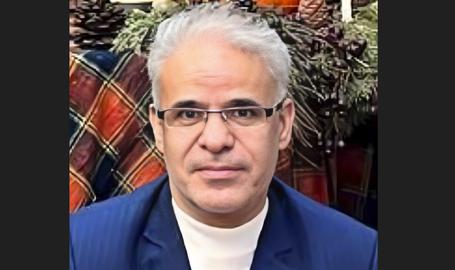
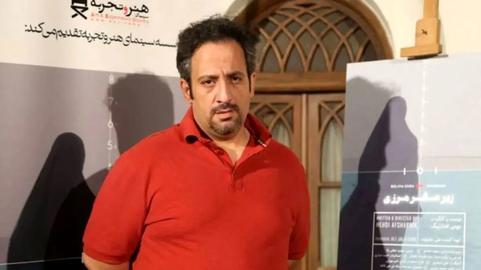

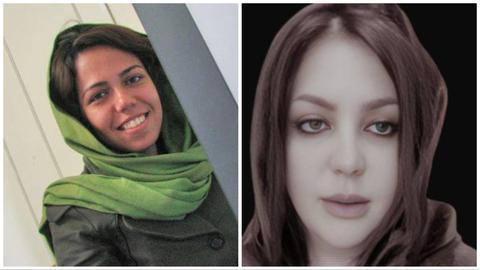
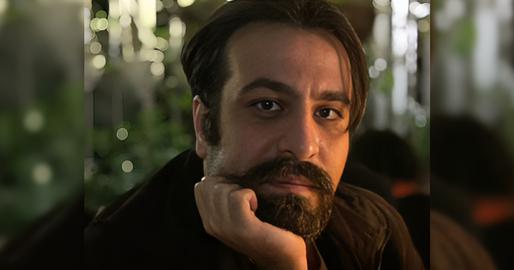


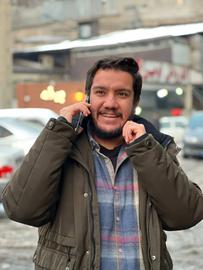

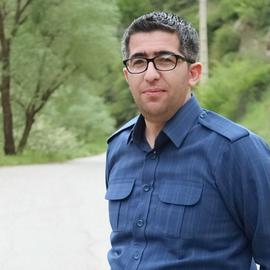

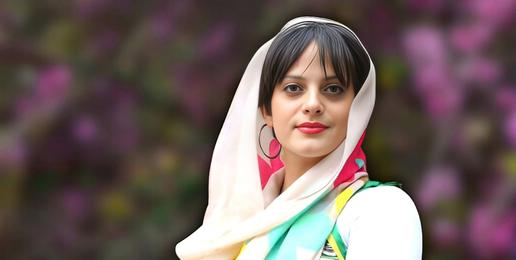
comments